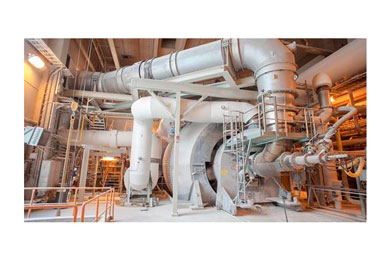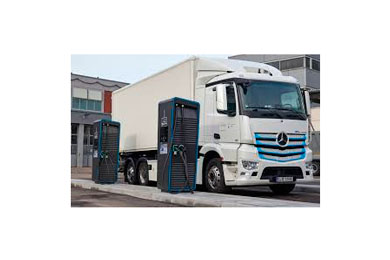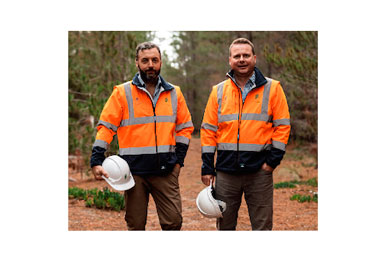Tasmanian forest leader wins major management contract – Tasmanian- owned and operated company SFM has announced it has been appointed by New Forests to manage the timber plantation assets purchased from Norske Skog after a competitive tender process.
Now to be called Lenah Estate Pty Limited, the Tasmanian plantations were bought by Australian-based international forestry investor New Forests, on behalf of its Australia New Zealand Forest Fund 3 (ANZFF3), from Norske Skog in February this year.
“We are delighted to win this contract to manage such an extensive and quality resource that supports the Boyer mill, the Derwent Valley and wider Southern Tasmanian community and local farmers,” SFM Managing Director Andrew Morgan said today.
“SFM has a strong track record in plantation management, having multiple management contracts interstate, so to be successful in our home state is very gratifying,” Mr Morgan said.
Managing Director Andrew Morgan (left) with SFM Director David Wise .
The Lenah Estate land area under management by SFM is approximately 27,150 hectares across South Central Tasmania, predominantly the Derwent Valley. It includes 50 joint venture plantation projects with private landowners and Sustainable Timber Tasmania (STT).18,000 hectares or 97.5% of the 18,500 plantable hectares is radiata pine softwood plantations. Around 350,000-400,000 tonnes will be harvested annually, with the majority going to the Norske Boyer mill. Lenah Estate will replant 500-1000 hectares per year.
SFM will open an office in New Norfolk employing a core team of 8 full-time employees, supported by the broader SFM business with more than 20 FTE employees and over 100 FTE sub-contracted truck drivers, plant operators and support services.
“In a competitive field of property manager proponents, New Forests considered SFM’s proposal attractive for its commitment to local staffing, its technical capacity and its local knowledge”, Matt Crapp, Director Operations, said.
“New Forests looks forward to working with SFM on the long-term management of the Lenah Estate, including its ongoing supply to the Boyer Mill and our shared intentions that the Estate maintains third-party forest management certification,” Mr Crapp said.
“New Forests aspire to build on the positive relationship that Norske Skog has had with its contractors, joint venture landowners and the general community. We see opportunities for continued investment in this significant plantation asset to enhance its long-term value and have asked SFM to consult widely with stakeholders to develop and refine these plans.”
SFM currently manages two plantation projects for New Forests, consisting of both hardwood and softwood species across three States – WA, SA and Victoria.
Lenah Estate will be a significant addition to the SFM portfolio, which includes harvesting, haulage and export of more than 500,000 tonnes of plantation timber per annum. Hydrowood, a world first operation salvaging Tasmanian specialty timbers standing underwater for decades is a wholly-owned subsidiary of SFM.
About SFM – SFM Environmental Solutions Pty Ltd is a professional forestry business that provides forest management and consultancy services to a range of clients in Australia and New Zealand. SFM provides certified forest management solutions under the Forest Stewardship Council and the PEFC/Responsible Wood certification systems so that its clients and the community can be assured that SFM provides a quality management service in line with world’s best practice.
Through its contractor networks and strong relationships with government agencies, forest companies and processors, SFM’s harvesting and marketing service offers an unprecedented level of efficiency resulting in maximum results for the tree grower.
Hydrowood, a wholly-owned subsidiary of SFM, salvages Tasmanian specialty timbers standing underwater for decades in man-made hydro-lakes and creates timber products for bespoke joinery, furniture and high-end architectural applications.
SFM prides itself on employing quality staff and maintaining high standards of operating systems to ensure the viability of the company and the natural resources it manages. SFM is headquartered in Hobart, Tasmania and has regional offices in Launceston (TAS), Mount Gambier (SA) and Tauranga (NZ).










